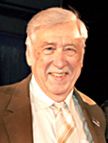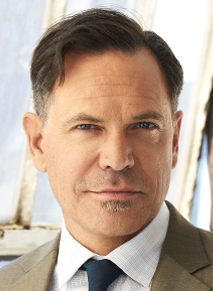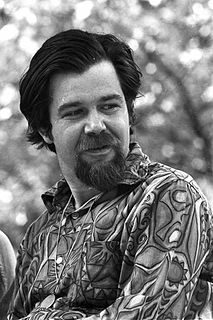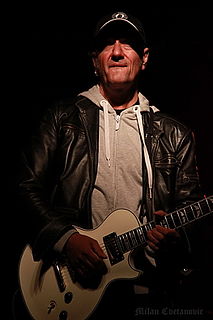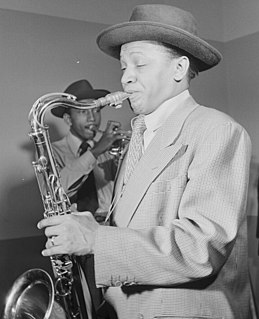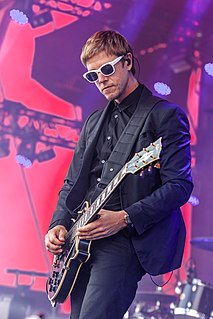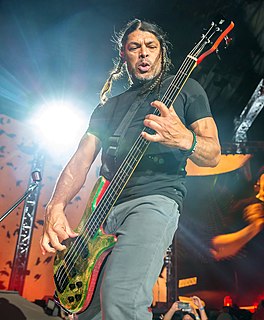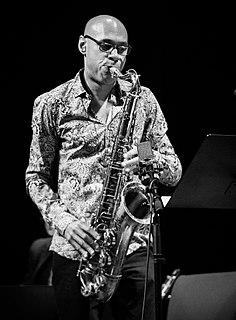A Quote by Harry J. Anslinger
Marijuana is taken by musicians. And I'm not speaking about good musicians, but the jazz type.
Related Quotes
I visited New York in '63, intending to move there, but I noticed that what I valued about jazz was being discarded. I ran into `out-to-lunch' free jazz, and the notion that groove was old-fashioned. All around the United States, I could see jazz becoming linear, a horn-player's world. It made me realize that we were not jazz musicians; we were territory musicians in love with all forms of African-American music. All of the musicians I loved were territory musicians, deeply into blues and gospel as well as jazz.
For me, let's keep jazz as folk music. Let's not make jazz classical music. Let's keep it as street music, as people's everyday-life music. Let's see jazz musicians continue to use the materials, the tools, the spirit of the actual time that they're living in, as what they build their lives as musicians around.
I have a theory that musicians recognize each other and if they are destined to collaborate together they will. Mainly, they recognize each other according to the class they belong to. If they are punk-rocker kids from the neighborhood, they are going form a band. If they happen to be musicians that are going to play in pubs and restaurants, they are going to recognize each other, form a band and play together. If it's about musicians that are playing jazz and are going to jazz festivals, for e.g., then they are going to meet and work together.




